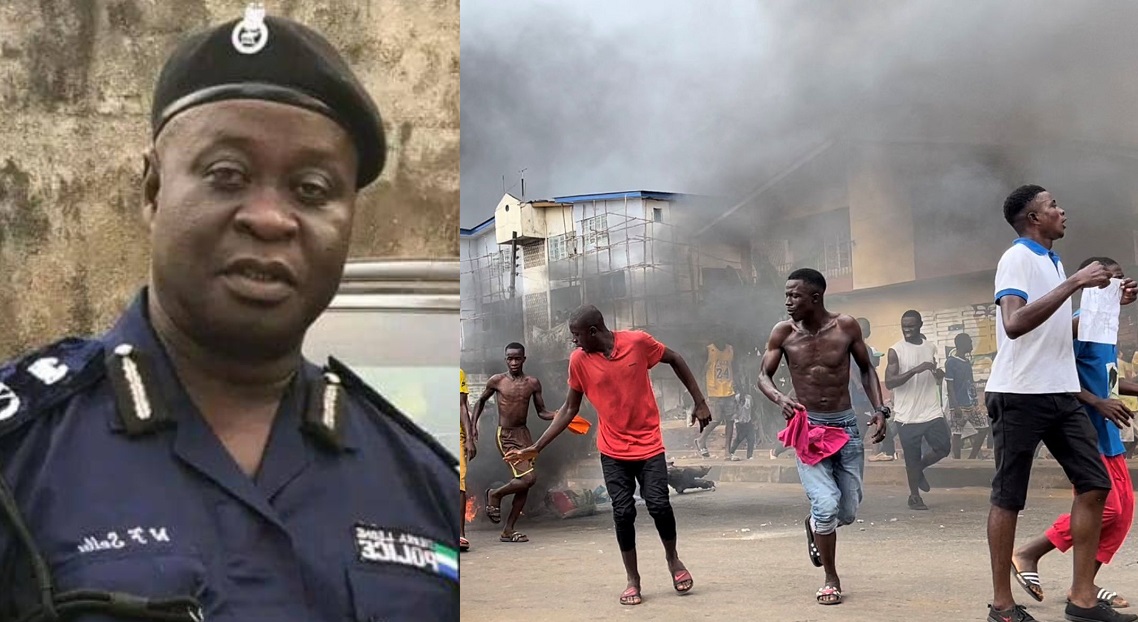Sierra Leonean lawyer and social activist Augustine Sorie-Sengbe Marrah voiced his perspective on the handling of protests and demonstrations by the government. Emphasizing the fundamental right of citizens to protest, Marrah suggested a shift towards depoliticizing, regulating, and empowering citizens’ protests.
Highlighting his commitment to this cause, Marrah revealed that in 2017, he, along with senior members of the then government, approached the Supreme Court seeking a declaration that protest is a constitutionally guaranteed human right. Their aim was to challenge the Inspector General’s authority to approve or disapprove protests under the Public Order Act of 1965. However, despite this legal endeavor, the political landscape shifted in 2018, and the restrictive approach to protests persisted, even with those who once criticized it now in power.
Marrah drew a parallel between the regulation of protests and the criminalization of marijuana use. He argued that imposing unnecessary restrictions on organized citizens’ protests only fuels defiance and strengthens the resolve of protest participants. Drawing on this analogy, he suggested that removing such restrictions could effectively diminish the appeal of protest-mongers, asserting that people are not afraid of activities that are legal and fairly regulated.
Expressing a broader perspective, Marrah contended that fear thrives on what is outlawed and unknown, suggesting that providing clear, fair, and democratically reasonable rules and regulations on citizens’ right to protest is crucial. He proposed the need to decriminalize and depoliticize protests, envisioning a system where citizens can freely exercise their right to hold their government and leaders accountable without unnecessary hindrances.
Marrah’s stance reflects a call for a more open and participatory approach to governance, advocating for a balance between maintaining public order and respecting citizens’ rights. As his words reverberate on social media, the conversation around the regulation of protests gains momentum, prompting a critical examination of the current practices and the potential for reform in Sierra Leone’s approach to citizen activism.












Way to go!!
Lawyer Marah, I noticed that you chose your words carefully. You never mention the word, “peaceful”. There is a difference between a “peaceful” protest, and a protest that was called for, and organized by people who are bent on causing mayhem in a society. Peaceful protesters do nor loot, destroy properties, and using arms and ammunition to attack police, and security personnel. Lawyer Marah, ask yourself, since 2018, has there been any “peaceful protest in Sierra Leone? I am sure you know the answer. No responsible government will allow folks on social media, to incite it’s citizen to riot, and cause mayhem in the disguise of a protest.